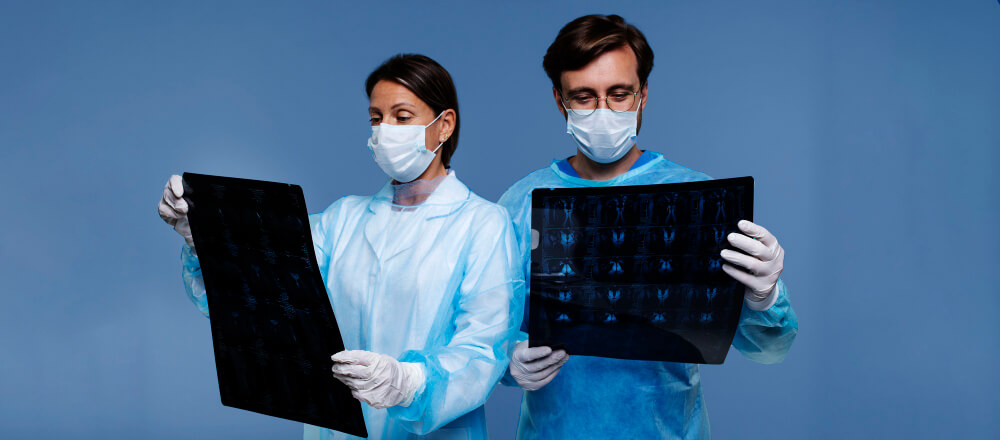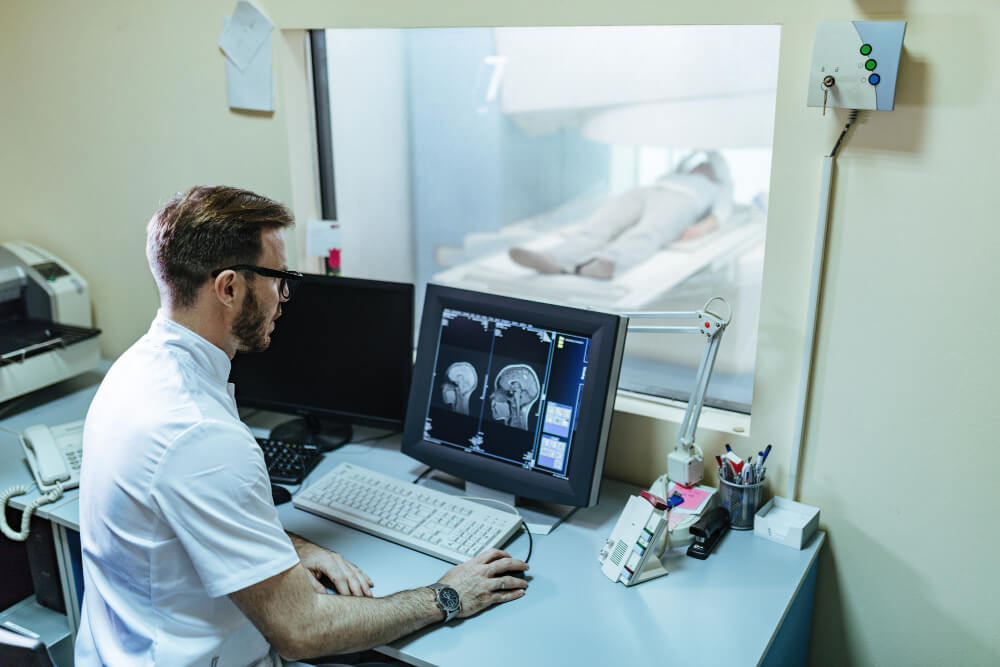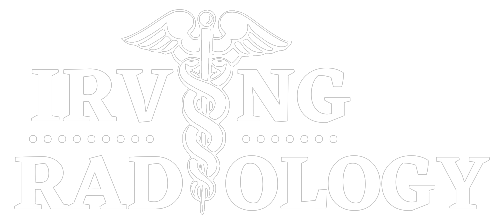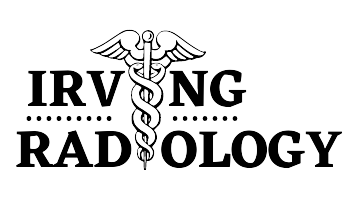
Precision medicine has transformed healthcare delivery by providing a more individualized approach to medical treatment. This method includes determining the best effective therapy for a certain ailment utilizing personalized information about a person’s genetic composition, lifestyle, and environment. Radiology is critical to the success of precision medicine because it provides critical imaging and diagnostic information that allows healthcare practitioners to make better educated treatment decisions.
Imaging Diagnostics
Precision medicine relies heavily on diagnostic imaging, and radiology is at the forefront of this technology. Radiology gives precise pictures of a person’s interior organs and tissues, which can assist healthcare practitioners in identifying and diagnosing a variety of medical illnesses ranging from cancer and heart disease to orthopedic injuries and neurological disorders. Because they give a clear knowledge of the degree and evolution of a certain ailment, these images are critical in assisting healthcare practitioners in determining the best course of therapy for a patient.
- Increased Precision: The use of diagnostic imaging in precision medicine dramatically enhances diagnostic accuracy. Radiology scans give crisp, comprehensive views of an individual’s interior organs and tissues, which can assist healthcare personnel in identifying particular problems and making more precise diagnoses.
- Detection at an Early Stage: The success of precision medicine is dependent on early detection, and radiography plays a significant part in this. Radiology pictures can detect medical disorders in their early stages, increasing the likelihood of effective treatment and recovery.
- Improved Treatment Planning: Radiology gives information to healthcare practitioners so that they may design the most effective therapy for a certain ailment. This data is critical for the advancement of precision medicine since it assists healthcare practitioners in determining the optimal course of action for each unique patient.
- Cost-cutting measures: The application of radiography in precision medicine can also aid in the reduction of healthcare expenditures. Early diagnosis of medical issues can help avoid disease progression and the development of more significant, and sometimes more costly, sequelae.
Radiology’s Role in Precision Medicine

Radiology’s significance in precision medicine is projected to rise in the future years. Radiology will continue to play an important part in the success of precision medicine as technology progresses and new imaging techniques are developed, by providing healthcare practitioners with the information they need to make educated treatment decisions.
To summarize, radiography is crucial to the success of precision medicine by providing healthcare clinicians with the diagnostic information they need to make educated treatment decisions. Radiology scans give precise views of a person’s internal organs and tissues, which can assist healthcare practitioners in identifying and diagnosing a variety of medical disorders, as well as in planning the most successful therapy for each specific patient. The significance of radiology in precision medicine is projected to rise as technology advances and new imaging techniques are developed.

